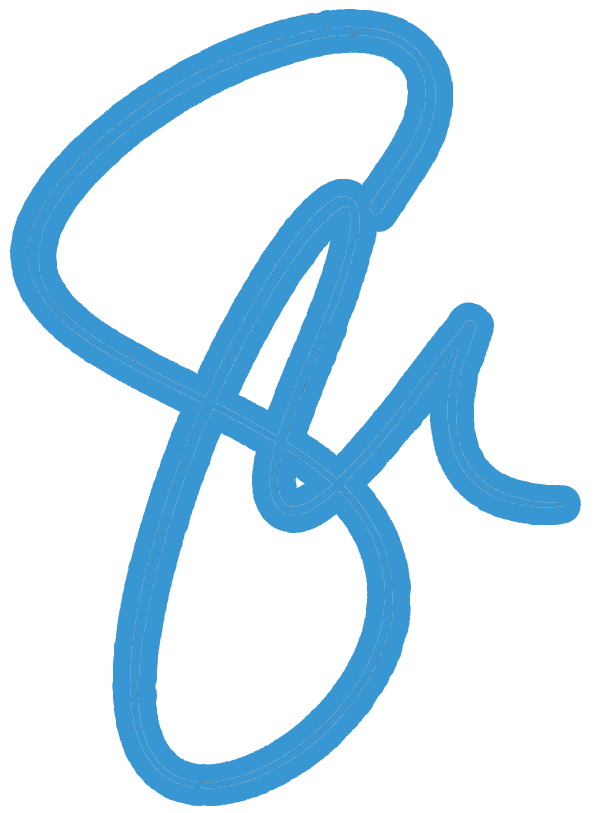In late 2021, I started writing on Medium. I was surprised to find out there was a way to monetize my writing. Now, after 300+ articles, I am addicted to writing, and if someone is interested, I made a five-figure income on Medium in less than a year.
My writing journey started by accident when I posted a few tips on how to develop long-term reading habits in our company’s Slack channel.
My colleagues appreciated the reading tips. One night after work, I shared my first blog on Medium on how to develop reading habits. Medium readers commented and liked it a few times; the rest is the history of building writing habits.
I have come a long way. I understand it is a journey, not a destination.
For exactly a year, I wrote consistently and earned a healthy income through the Medium Partner program.
Then, I lost my dad. He was only 62 years old. I stopped working on my side projects because working from home after Dad was impossible.
I barely focused on my career. I became a director at a tech company but later decided that writing helped my mental health and put me in a state of mind that was way more peaceful than my ever-grinding tech job.
While working full time, I decided to devote 1–2 hours daily to writing. Each morning, I will wake up and start writing in my journal, and if it is something tangible, I will share it on Medium.
You know the drill while learning a skill. Everyone wants to be the best.
The best way to learn is from the accomplished authors. I have been a reader since I can read.
I always inclined more to books than movies or other entertainment.
I started to buy books on how to improve my writing. The first thing I was interested in was the writing process. How do famous writers write, and what are the new-gen writers’ processes? Let me share a glimpse; I will discuss my “writing process” in detail in another article.
- Think and decide
- Find information (research)
- Write your first draft (ignore spelling and grammar mistakes at this stage)
- Revise
- Edit
- Publish
Stephen King is famous as a unique storyteller. His stories captivate his readers or new readers to make them loyal fans in the long run. In today’s story, I will share the top 10 rules of Stephen King.
You can read all the rules in his famous book On writing, which is half autobiography and half about the craft of writing.
Use active voice
“Timid writers like passive verbs for the same reason that timid lovers like passive partners. The passive voice is safe.”
Beware of adverbs
“The adverb is not your friend”
Don’t worry about grammar
“The object of fiction isn’t grammatical correctness but to make the reader welcome and then tell a story.”
Start today
“Amateurs sit and wait for inspiration, the rest of us just get up and go to work.”
Turn off the TV
“TV — while working out or anywhere else — really is about the last thing an aspiring writer needs.”
Read, read, read
“If you don’t have time to read, you don’t have the time (or the tools) to write.”
Develop your own style
“One cannot imitate a writer’s approach to a particular genre, no matter how simple what that writer is doing may seem.”
Reading and writing
“You learn best by reading a lot and writing a lot, and the most valuable lessons of all are the ones you teach yourself.”
Writing means happiness
“Writing isn’t about making money, getting famous, getting dates, getting laid, or making friends. Writing is magic, as much as the water of life as any other creative art. The water is free. So drink.”
If you are a writer, someone (100%) will say your work stinks
“I have spent a good many years since―too many, I think―being ashamed about what I write. I think I was forty before I realized that almost every writer of fiction or poetry who has ever published a line has been accused by someone of wasting his or her God-given talent. If you write (or paint or dance or sculpt or sing, I suppose), someone will try to make you feel lousy about it, that’s all.”
The bottom line
It takes time to become a good writer.
I wrote 100 blogs, and nobody cared.
All of the rules I shared, I would not suggest breaking anyone, but I occasionally break many; however, sometimes, I go back and fix them.
After all, it’s all about learning from mistakes.
I started to get some traction from the readers after 100 blogs.
Now, I write in my journal every day before work, and if it will help the reader, I will share it on my blog.
Writing is lucrative.
If you are thinking of a side hustle, writing has the potential to become a business or at least replace your 9–5 gig. I don’t share my income reports anymore. I have made four figures monthly and five in less than a year. I believe that if I can do it (English is my 3rd language), you can do it.
Thank you, and please share your writing rules in the comments.
Consistency is the key.
As a new reader, please check my holistic health, productivity, and well-being stories reflecting my reviews, observations, and 30+ days of experiments (29 completed so far) to build a sustainable healthy lifestyle.

